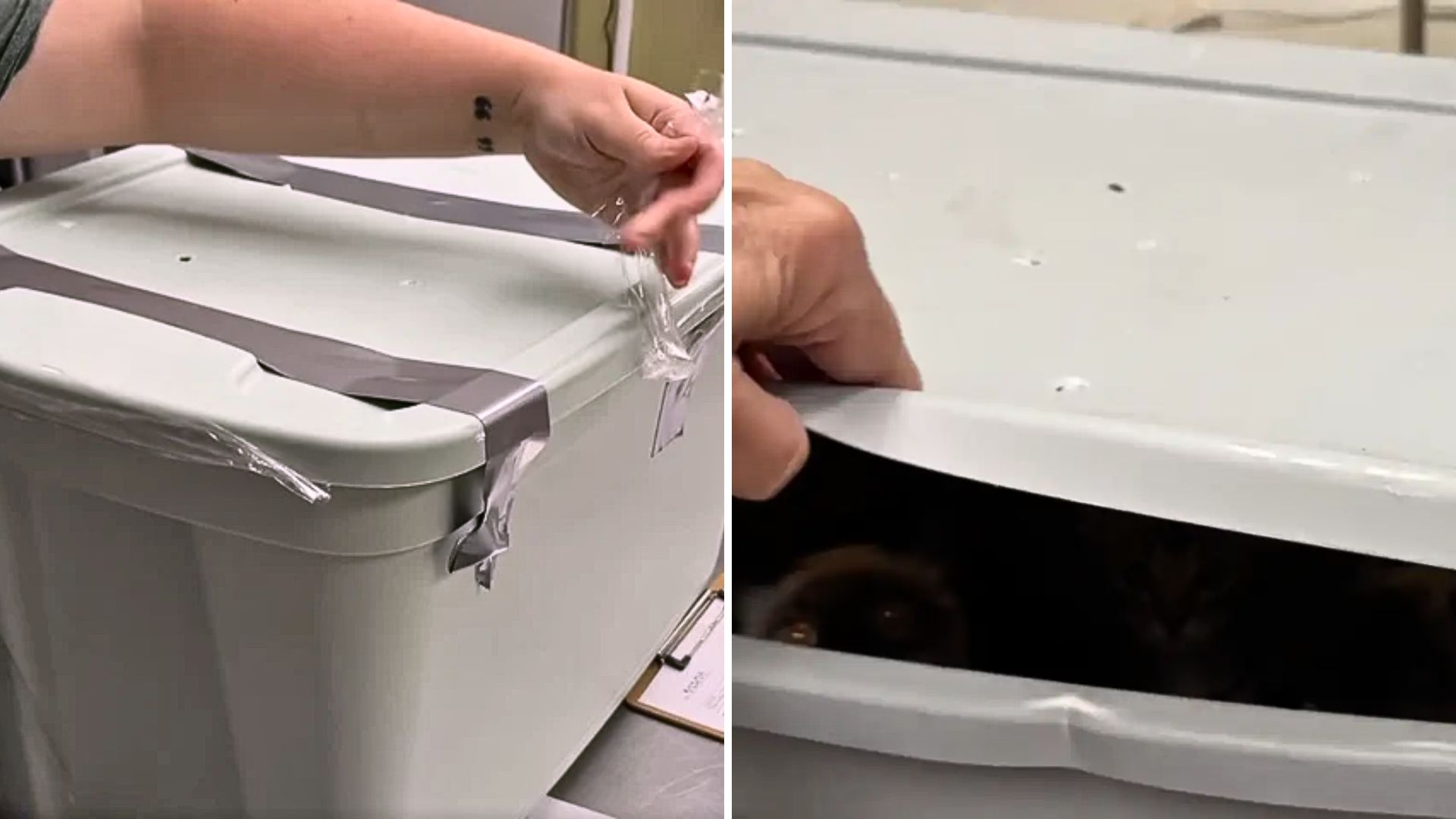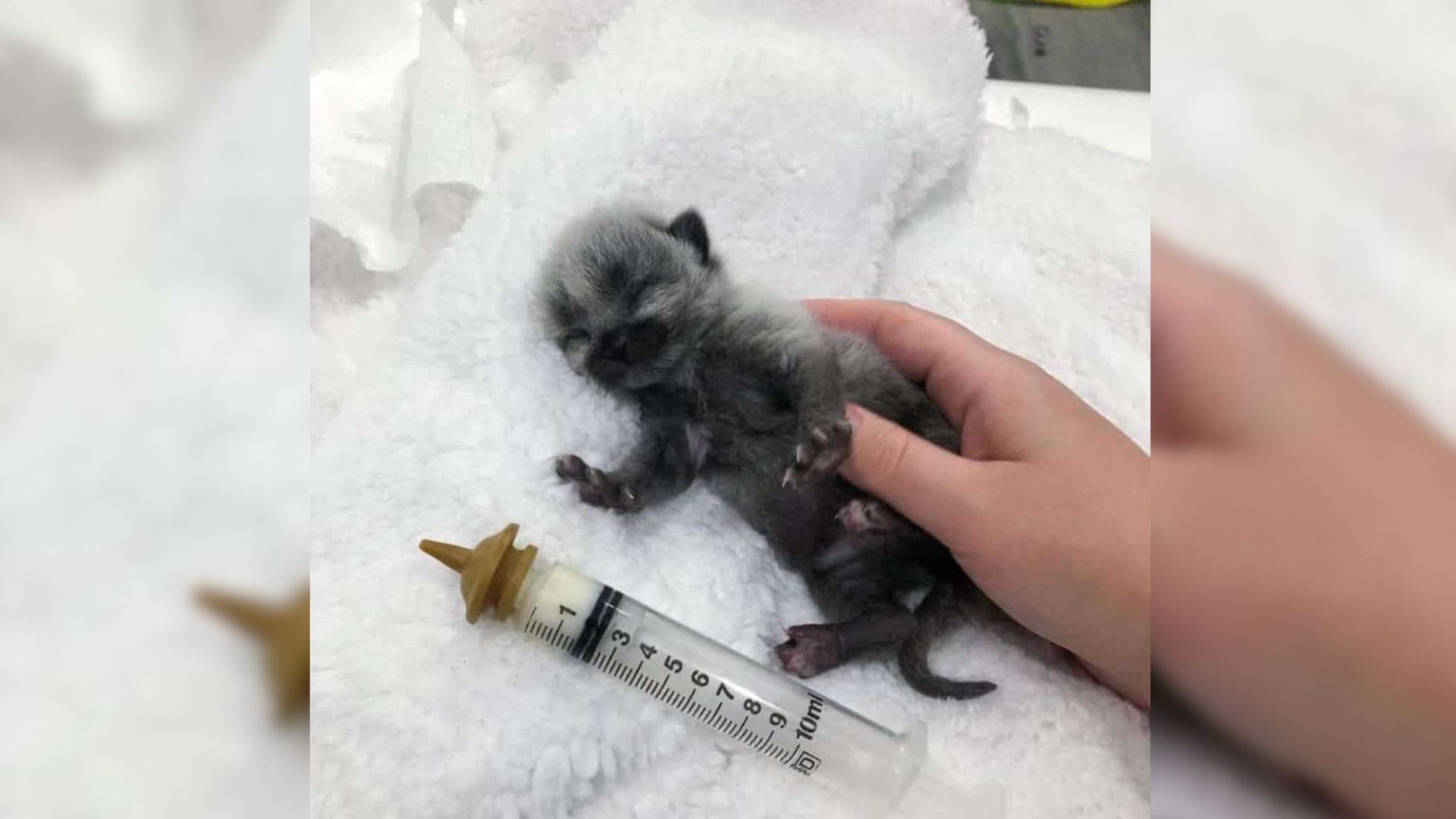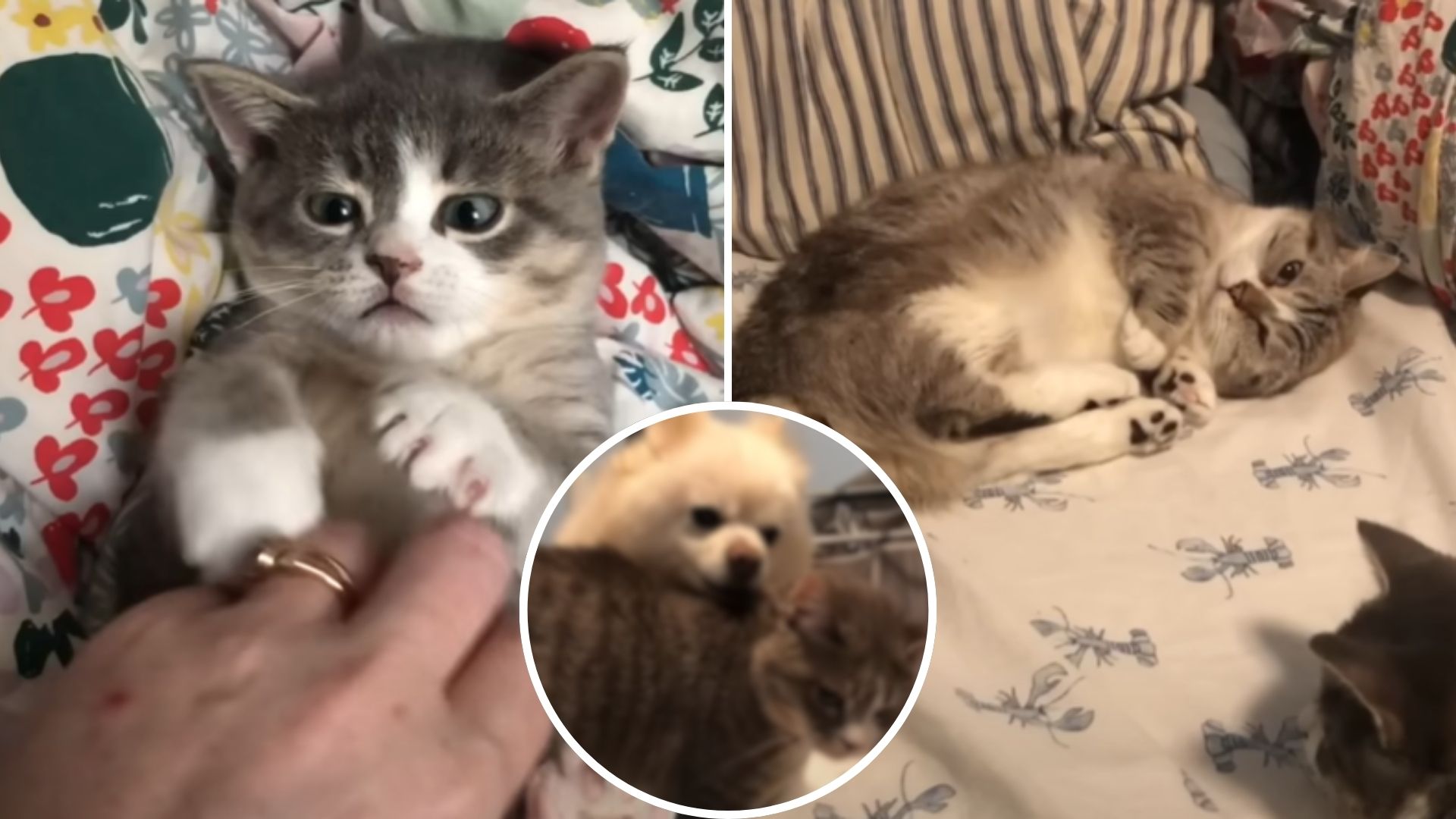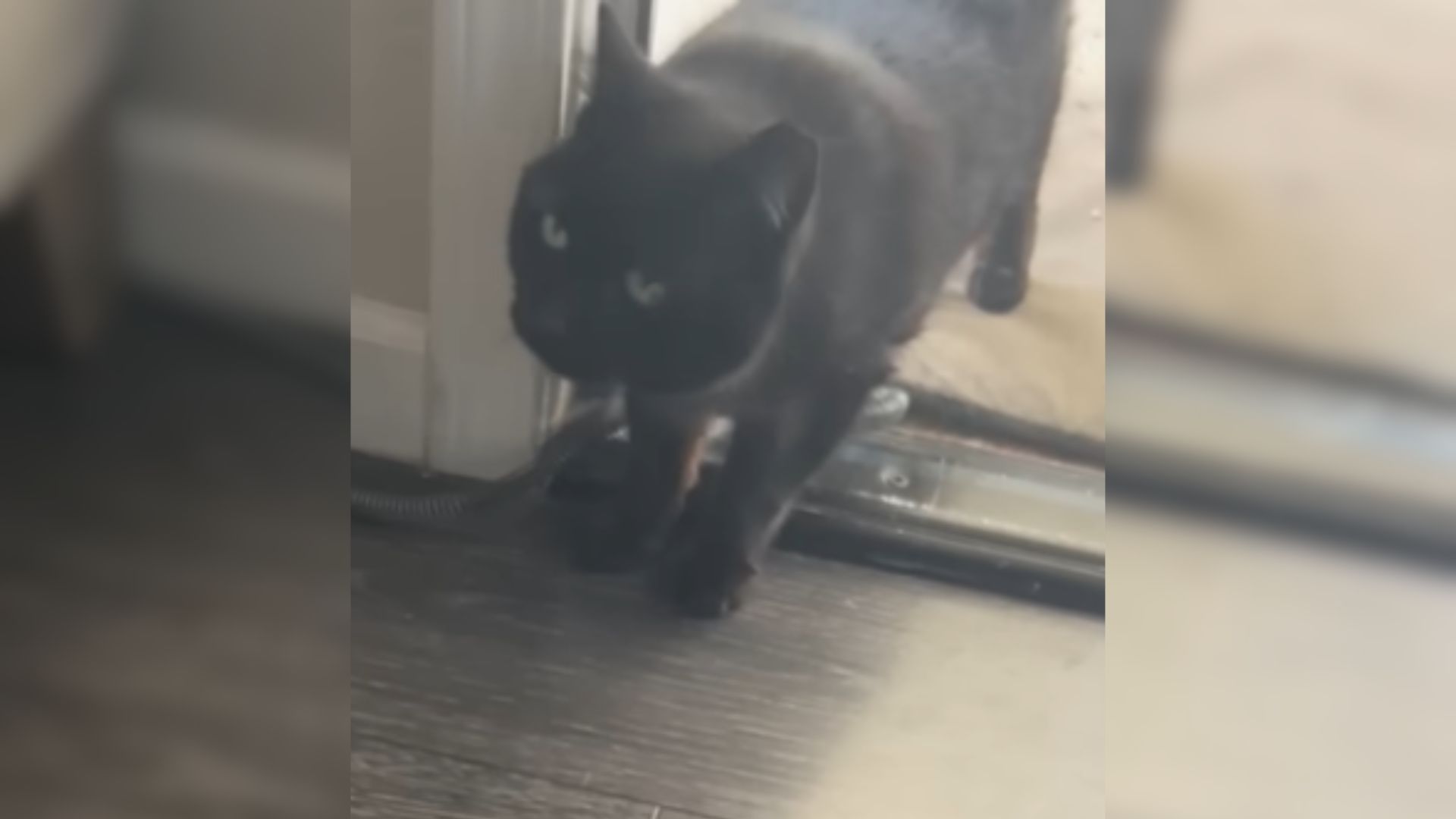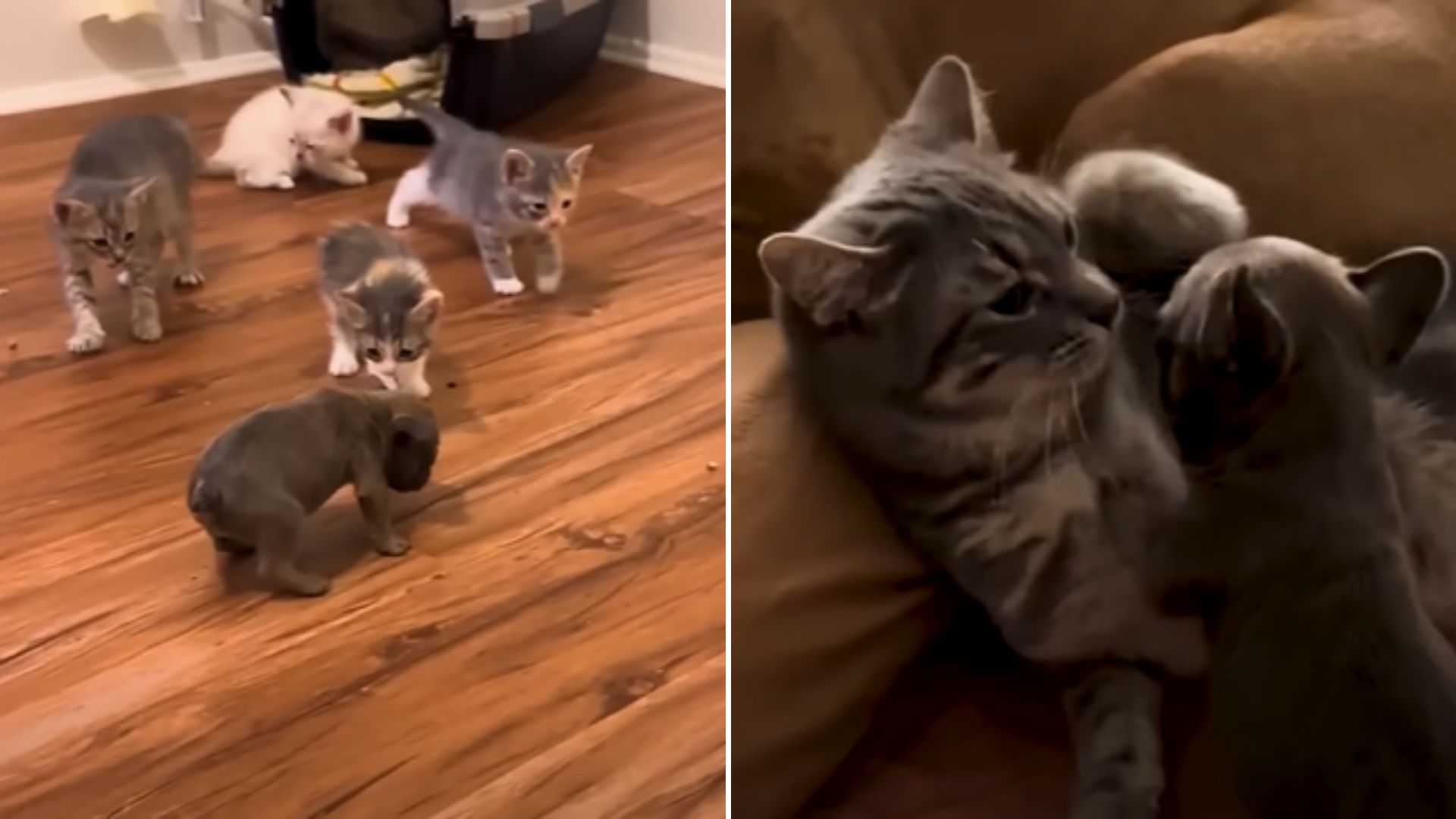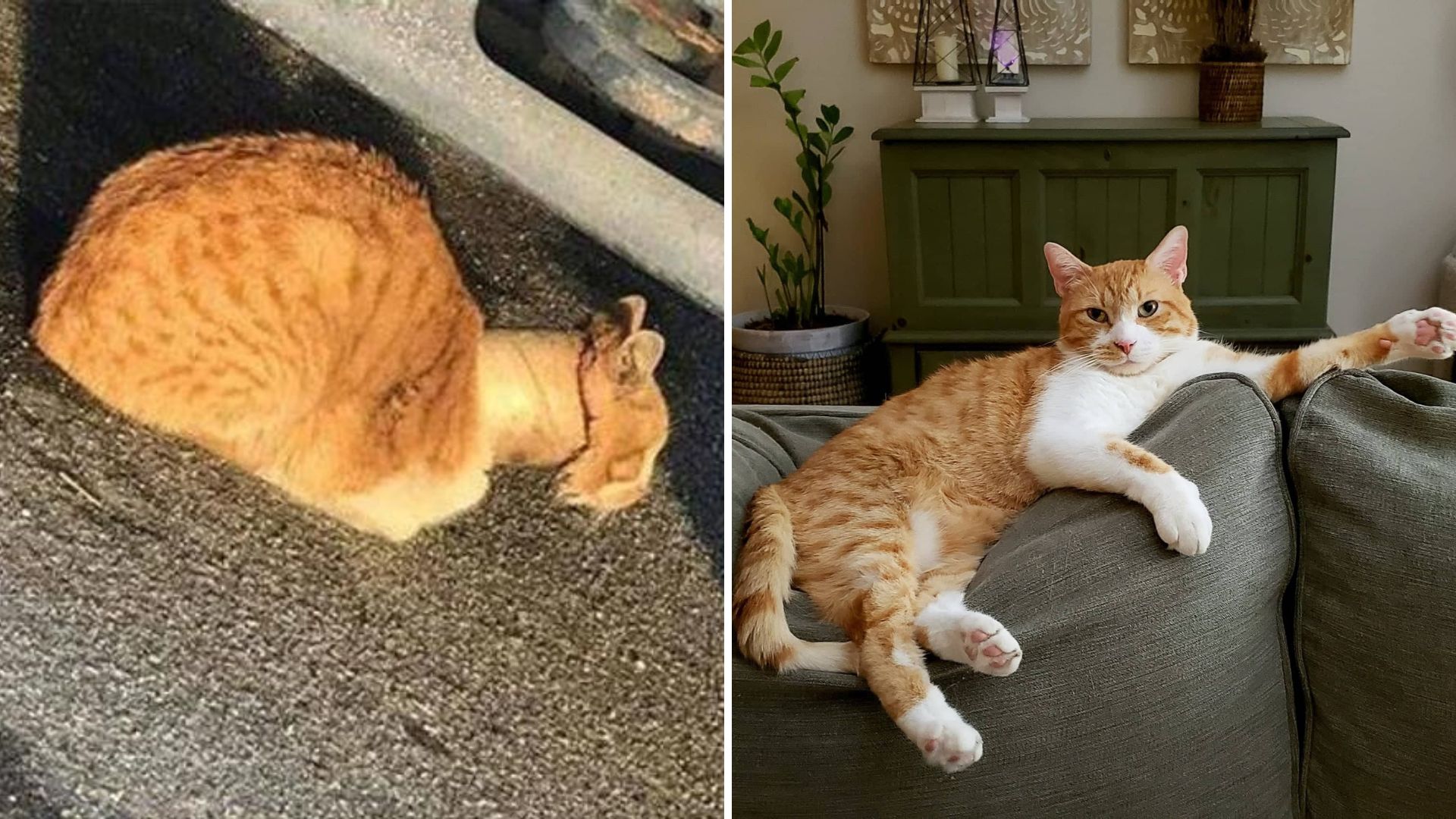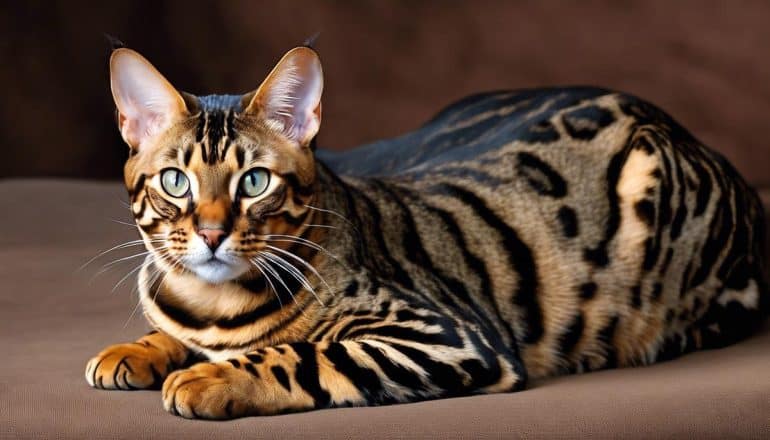
The magnificent Bengal cat exemplifies the irresistible charm of bringing a touch of the wild into our homes. This extraordinary hybrid breed, a result of crossing domestic felines with the elusive Asian Leopard Cat, is not only a beloved pet but also a living work of art. The creation of the enchanting Bengal cat was driven by the desire to combine the raw beauty of a wildcat with the temperament of a loyal companion, resulting in a breed that perfectly captures nature’s design through human ingenuity. In this article, we will explore the origins and historical efforts to refine this breed, as well as its distinctive physical attributes, vibrant personality, and specialized care that make it an intriguing and rewarding addition to any cat lover’s life.
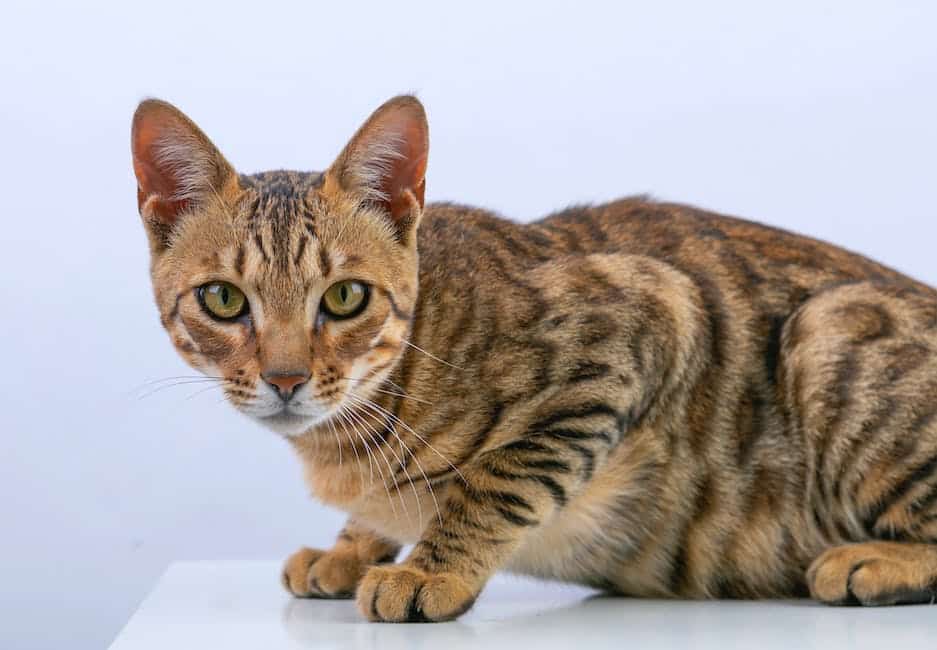 Unraveling the Fascinating Ancestry of the Bengal Cat
Unraveling the Fascinating Ancestry of the Bengal Cat
Greetings, enthusiasts of feline friends! Few things excite us more than delving into the exotic origins of one of the most captivating domestic cats that grace our homes and warm our hearts—the Bengal Cat. This breed’s story intertwines the allure of natural beauty with the gentle companionship found within our households.
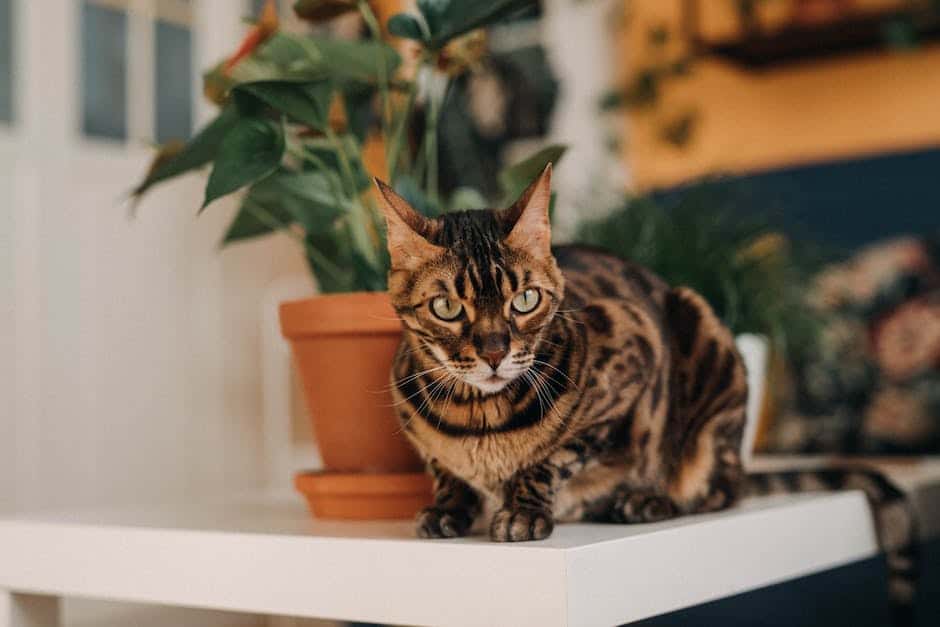 The origins of the Bengal cat are no secret tale. Let us turn our attention back to the 1960s and 1970s, where the narrative unfolds. The Bengal is a testament to the marvel that occurs when the majestic and regal Asian Leopard Cat (Prionailurus bengalensis) meets the affectionate domestic cat. The resulting hybrids possessed muscular bodies, striking rosetted or marbled coats, and that captivating wild appearance that instantly captures our attention.
The origins of the Bengal cat are no secret tale. Let us turn our attention back to the 1960s and 1970s, where the narrative unfolds. The Bengal is a testament to the marvel that occurs when the majestic and regal Asian Leopard Cat (Prionailurus bengalensis) meets the affectionate domestic cat. The resulting hybrids possessed muscular bodies, striking rosetted or marbled coats, and that captivating wild appearance that instantly captures our attention.
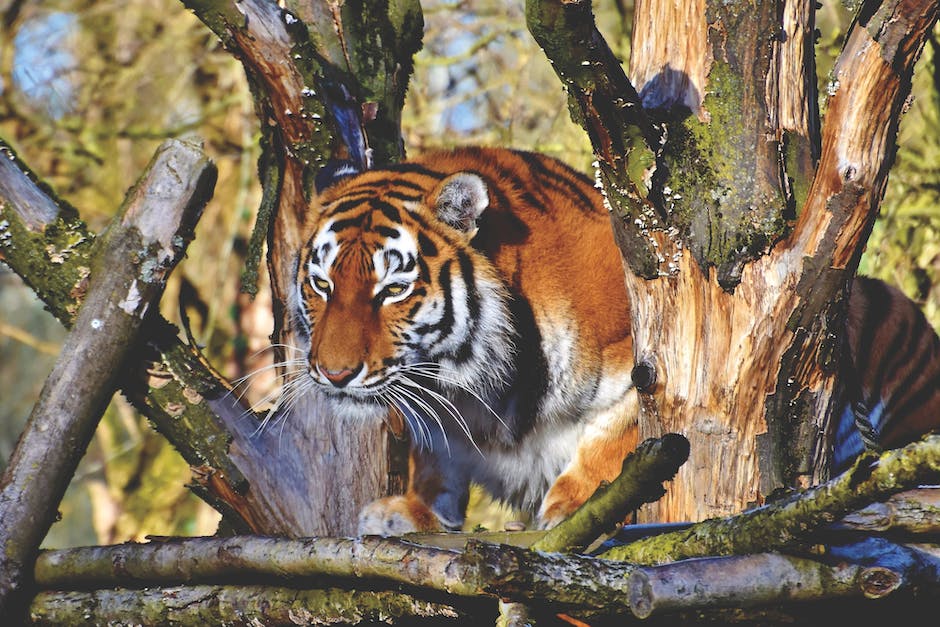 Originating from forested regions throughout Asia, the Asian Leopard Cat is no ordinary feline. It’s a small, elusive creature with a sturdy physique and a mesmerizing spotted coat. This wildcat was admired not only for its beauty but also for its strength and adaptability—qualities that Bengal enthusiasts aimed to incorporate into a domesticated package.
Originating from forested regions throughout Asia, the Asian Leopard Cat is no ordinary feline. It’s a small, elusive creature with a sturdy physique and a mesmerizing spotted coat. This wildcat was admired not only for its beauty but also for its strength and adaptability—qualities that Bengal enthusiasts aimed to incorporate into a domesticated package.
The Art of Thoughtful Breeding
Creating a new breed is a meticulous process that requires careful consideration, contrary to popular belief. Breeders selectively bred Asian Leopard Cats with domestic breeds such as the American Shorthair, Egyptian Mau, and Ocicat. These chosen breeds contributed traits like sociability, diverse coat patterns, and pleasant temperaments. Through generations of selective breeding, breeders were able to retain the exotic allure of the Asian Leopard Cat while nurturing the domestic genes that make Bengal cats such wonderful companions.
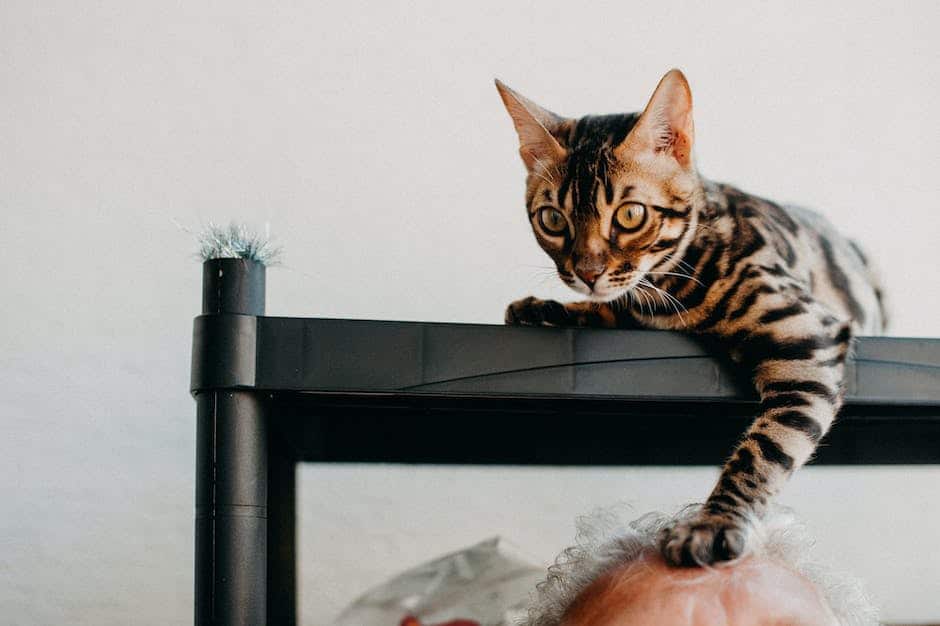 Now, let us delve into a commonly misunderstood aspect—the Bengal cat can possess a wild heritage while still being perfectly suited for family life. Bengals of today are typically several generations (F4 or later) removed from their wild ancestors. At this stage in the breeding process, Bengals are indeed domesticated, yet they retain the grace and grandeur of the wild.
Now, let us delve into a commonly misunderstood aspect—the Bengal cat can possess a wild heritage while still being perfectly suited for family life. Bengals of today are typically several generations (F4 or later) removed from their wild ancestors. At this stage in the breeding process, Bengals are indeed domesticated, yet they retain the grace and grandeur of the wild.
Characteristics Born from a Wild Spirit
Bengal cats are renowned for their inquisitive and playful nature. They are often described as active, intelligent, and engaging pets that love to climb and explore. Their wild ancestry does not make them feral; instead, it ignites a spark of adventure. They embody their wild origins in their playfulness and determination, infusing every day with a zest for life that transforms each moment into an exciting voyage.
The Enchanting Beauty of the Bengal Coat
Let us not overlook the captivating allure of the Bengal’s coat. Those mesmerizing patterns—reminiscent of their wild ancestors—are not just about aesthetics; they offer a glimpse into the Bengal’s soul. The natural camouflage of the Asian Leopard Cat is now intertwined with domestic bliss, granting Bengals their distinctive and highly sought-after appearance that is impossible to resist.
Conclusion
Undoubtedly, the majestic Bengal cat serves as a breathtaking reminder of the splendor of untamed nature, now comfortably settled in the realm of domesticated life. They not only straddle the line between wild and domesticated but blur it, blessing us with a companion that is both exotic and familiar. As we continue to honor and preserve the heritage of Bengal cats, these incredible feline wonders will forever inspire and captivate the fortunate human companions who share their lives.
And so, the tale of the Bengal’s beginnings is not merely a story of breeding—it is a story of preserving a fragment of the wild within our homes—a thrilling journey from the forest to the family room.
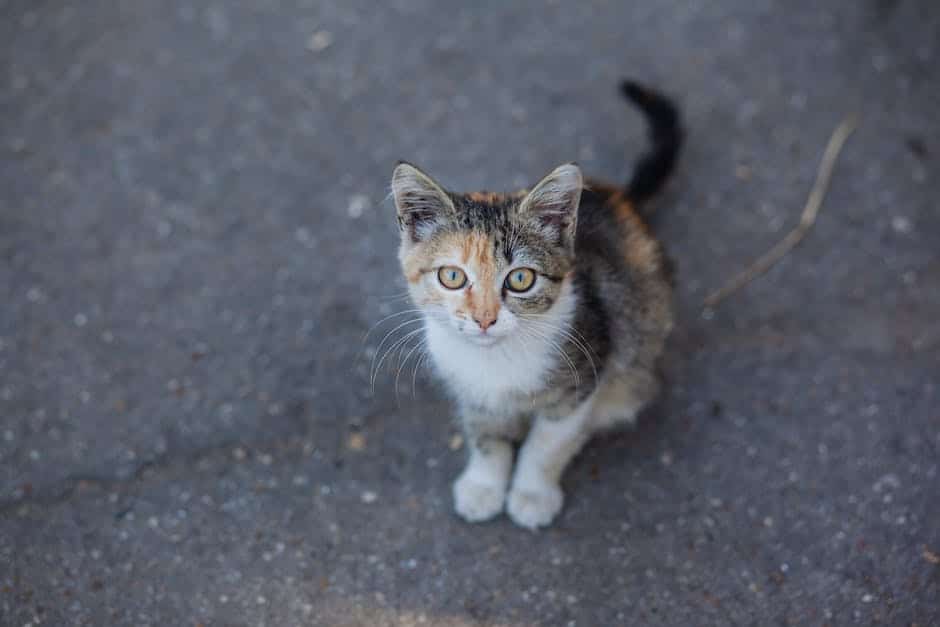
Physical Attributes
When you lock eyes with a Bengal cat, it’s clear that it’s no ordinary house cat. The Bengal’s appeal lies not only in its exotic origins, but also in its distinct features that set it apart from other domestic cats. Let’s explore the striking appearance of Bengal cats, which captivates hearts and sparks curiosity.
To begin with, the Bengal’s physique is a testament to its heritage. This cat is muscular and sleek, reflecting its wild ancestors. Its powerful and graceful movements bring to mind the Asian Leopard Cat roaming through the forest. The Bengal’s athletic build gives it an enchanting and practical agility.
Furthermore, the Bengal’s fur is a wonder in itself, not just in terms of its patterns but also its quality. The breed is known for its plush, velvety coat, which feels like stroking a living, purring silk blanket. There’s an undeniable allure to the texture that charms anyone lucky enough to touch it.
The color palette of Bengal fur is a feast for the eyes, ranging widely. You may come across warm, golden tones that shimmer in the sunlight, cool silvers that glisten with a moon-like glow, or even rarer blues and charcoals that exude a mysterious aura. The variety of shades adds depth and complexity to their coat patterns, ensuring that no two Bengals are exactly alike.
However, it’s the patterns that truly mesmerize. The distinct spotted or marbled patterns pay homage to their wild lineage. These patterns aren’t random color splotches; they are finely detailed, with sharp contrasts that stand out against the background color. The marbling pattern, less common than spotting, comprises swirls that create an almost hypnotic effect, enticing closer inspection to appreciate the intricacy of the design.
Additionally, Bengals possess a remarkable trait called glittering, rarely seen in other cat breeds. The presence of translucent hair tips catches and reflects light, creating a sparkling effect as if the fur is dusted with gold or pearl. This glittering delight isn’t just a treat for the owner; it would have given wild Bengals a camouflage advantage, blurring the distinction between cat and environment.
Let’s not forget about their expressive eyes, which can range from piercing blue to emerald green. Often outlined as if with meticulous brushstrokes, these eyes enhance the mystical aura of these creatures. Their windows to the soul are framed by a unique facial structure, with high cheekbones and a strong jawline, reminiscent of their wild relatives.
In conclusion, the unparalleled appearance of Bengal cats does more than simply attract attention. It tells a tale—a tale of selective breeding, a connection to the wild, and an appreciation for the beauty that can emerge through nature and careful human intervention. With their extraordinary coats, captivating eye colors, and remarkable physique, Bengals truly embody living art in our domestic world. Their look is not only extraordinary; it serves as a daily reminder of the fascinating journey from the wild to our homes.

Exploring the captivating world of Bengal cats, we can discover how their unique personality is shaped by their “wild side,” which not only reflects in their appearance but also in their behavior. While they may not be your typical lap cats, Bengal cats inherit a sense of adventure and a love for the outdoors from their wild ancestors. This adventurous streak makes them excellent climbers and jumpers, often perching on the highest points in your home. To cater to their needs, providing a sturdy cat tree or safe outdoor access can greatly contribute to their overall well-being.
One fascinating aspect of Bengal cats is their remarkable intelligence, which can be seen in their problem-solving skills. They enjoy puzzle toys that challenge their minds and keep them engaged. Additionally, Bengals are known to quickly master tricks and commands, making them ideal for households that enjoy interactive playtime.
Bengal cats communicate in a distinct way, showcasing a wider range of vocalizations compared to the average house cat. They chirp, trill, and sometimes even growl, revealing glimpses of their complex communicative repertoire inherited from their wild relatives. Paying attention to these sounds can help in understanding their desires and moods.
Their hunting prowess is an inheritable trait from the Asian Leopard Cat. Bengals have a strong prey drive and enjoy games that mimic the thrill of the chase. Feather wands, laser pointers, and interactive toys can engage their natural hunting instincts in a safe and controlled environment.
Lastly, Bengals have a social structure reminiscent of their ancestors. They possess assertive and dominant personalities, often preferring to be in charge and may prefer being the only pet in the house. However, with proper socialization from a young age, Bengals can learn to coexist happily with other pets, including dogs.
From their love for interactive play to their assertive social style, Bengal cats provide a spirited and captivating companionship that combines the allure of the wild with the warmth of domestic life. It is this wonderful blend of traits that continues to mesmerize and enchant those fortunate enough to share their homes with these unique felines.

Taking Care of Your Bengal Cat: Tips for a Happy and Healthy Life
Welcome to the world of Bengal cats! In the previous sections, we explored the fascinating history and unique traits of these amazing felines. Now, it’s time to delve into the essential aspects of caring for your own mini leopard at home. Here are some golden guidelines to ensure that your Bengal cat leads a joyful and healthy life under your loving care.
Proper Nutrition for a Feline Athlete:
To support their muscular build and boundless energy, Bengals require a diet that is rich in high-quality proteins and low in fillers. Look for premium cat foods that have real meat as the main ingredient. If you prefer a more precise approach, a raw diet can replicate the prey-based diet that Bengals are naturally adapted to. However, always consult a veterinarian before making any major changes to your cat’s diet!
Hydration is Key:
Cats can be picky about their water, and Bengals, with their love for freshness, are no exception. Make sure to always keep their water bowls filled with clean, fresh water. Consider investing in a filtered fountain to encourage them to stay hydrated. The sound and movement of running water can be particularly enticing to their wild instincts.
Creating Stimulating Environments:
Bengals thrive in physically challenging environments due to their high-flying acrobatics. Providing them with cat trees that reach tall heights, shelves, and window perches gives them the vertical space they crave. Interactive toys and puzzle feeders can keep their minds active, and don’t forget about a sturdy scratching post to satisfy their natural urge to scratch!
Maintaining a Grooming Routine:
Bengals are usually good at keeping their magnificent coats in top shape through their own grooming habits. However, regular brushing can help reduce shedding and prevent hairballs. Their short, pelt-like coats do not require frequent bathing, but introducing them to it from a young age can make occasional baths less daunting.
Routine Health Check-Ups:
Regular veterinary visits are essential for monitoring your Bengal cat’s overall health. Although they may seem invincible, routine check-ups and vaccinations are crucial to keep diseases at bay. Additionally, spaying or neutering your cat not only prevents unwanted litters but also helps prevent certain health and behavioral issues.
Keeping the Litter Box Clean:
Bengals are known for their cleanliness, so it’s important to provide them with a large, easily accessible litter box. Use unscented clumping litter and make sure to scoop it daily to keep your cat content. A good rule of thumb is to have one more litter box than the number of cats in your home, which can help prevent territorial disputes.
Building a Strong Bond:
Bengals form strong connections with their human companions and thrive on interaction. They are known to enjoy games of fetch and can even learn tricks! Establishing a routine that includes playtime and affection is essential for a socially satisfied Bengal. Positive reinforcement, such as treats for good behavior, can work wonders in shaping their desired behaviors.
Living with a Bengal cat is like embarking on a thrilling adventure through a domestic jungle. While their needs are specific, the rewards – a home filled with the vibrant spirit of the wild – are beyond compare. A Bengal cat is not just a pet; they are a living, breathing piece of the wilderness, ready to share their zest for life with those who value them.
So, embrace the call of the wild within your home. With these best practices, you and your Bengal companion are destined for a life of excitement and unparalleled companionship.

Ethical Breeding and Adoption
Caring for a Bengal Cat: Nourishment for an Active Feline
To ensure that your Bengal cat remains healthy and energetic, it is crucial to provide them with a diet that matches their high energy level. These cats thrive on high-quality cat food that is rich in protein, which suits their muscular build and active lifestyle. Whether you choose dry food, wet food, or a combination of both, it is essential that the food meets their nutritional requirements. It is advisable to consult a veterinarian to create a customized meal plan that supports their optimal health, as some Bengals may have specific dietary needs.
Stay Hydrated: Water is Key
Hydration is often disregarded, but it is incredibly important, especially for Bengal cats who may be more selective when it comes to their water sources. Many Bengals prefer running water, so investing in a cat water fountain can encourage them to drink more frequently. Having multiple water stations in different locations can also ensure that they receive enough fluids to maintain kidney health and overall vitality.
Exciting Environments for Active Bengals
Bengals are known for their love of exploration and their need for mental stimulation. Cat trees, perches, and interactive toys can transform a mundane room into a captivating playground. It is beneficial to create an environment that provides both physical and mental challenges, such as puzzle feeders and toys that stimulate their natural hunting instincts. Giving them access to the outdoors, whether through supervised outings or a secure outdoor enclosure, can also enrich their lives, but it is important to prioritize their safety.
Grooming for a Sleek Appearance
Despite having short, dense coats, Bengal cats still require regular grooming to maintain the sleek appearance of their fur. Brushing them once a week can help minimize shedding and keep their fur in optimal condition. It is recommended to start grooming routines early on to ensure that they associate grooming with a positive experience. Although Bengal cats do not shed excessively, it is important to note that no cat is completely hypoallergenic, including Bengals.
Prioritize Health Checks
Regular veterinary care is an essential part of being a Bengal cat owner. Annual check-ups, vaccinations, and preventive treatments for parasites are basic requirements. Being vigilant for signs of common health issues, such as heart problems or digestive disturbances, is crucial. With proper care, Bengals can live long and healthy lives, so it is important to establish a healthcare plan early on.
Maintaining a Clean Litter Box
Bengals are clean animals with a strong instinct to bury their waste. It is necessary to provide them with a clean and easily accessible litter box to prevent any accidents. Due to their larger size, it is recommended to use a spacious litter box. Some Bengal owners even prefer high-sided boxes or those with covers to ensure privacy and prevent litter scatter.
Cultivating Bonds and Promoting Positive Behavior
Socialization and affection are vital aspects of a Bengal cat’s life. They form strong bonds with their human companions and may follow them around the house like loyal shadows. Positive reinforcement training can help develop their social skills and enhance their interactions with family members and other pets. Bengal cats bring joy to those who appreciate their lively and affectionate nature and invest time in their well-being.

Exploring the realm of the Bengal cat offers an encounter with a remarkable creature that captivates with its untamed nature and captivating character. With a coat resembling the vibrant forests of its ancestors, along with an impressive intellect and affectionate disposition, the Bengal cat holds a prominent position among the diverse array of domestic feline breeds. This highlights our responsibility to ensure the ethical breeding and care of these unique hybrids, enabling them to not only thrive in our households but also leave a lasting impression on our society as a whole. Welcoming a Bengal cat into our lives is not just an embrace of a domestic companion, but an embrace of a slice of the wild, imbuing our everyday existence with love, admiration, and an unwavering appreciation for their distinctive charm and vitality.
